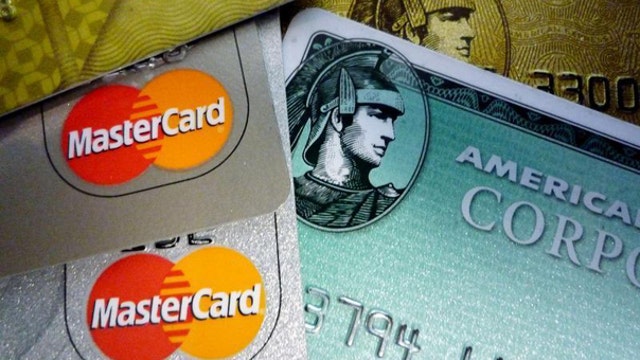Big Data Is Good: A CEO’s Analysis
I believe that big data is good. Good for our economy; good for people and good for society. I know this defies the newspaper headlines and I am not diminishing some real concerns out there. However, the good that data is doing now – and the promise it holds for the future – is remarkable.
At the world-renowned Johns Hopkins University hospital in Baltimore physicians are perfecting cancer treatments using successful plans of past patients. In Kansas City researchers are maximizing the productivity of their lands by studying detailed soil data. And in Indiana the state government is analyzing population data to prioritize funding for the most effective programs, including those that reduce infant mortality rates.
Across the nation examples like these abound. The common thread? Big data – or the accumulation of data too large and complex for processing by traditional database management tools. In each instance information is helping to solve some of our most vexing public, societal and corporate problems.
But data alone is not transforming the ways in which we grow our economy, manage our health, use our resources or govern our society. That requires tools, software and technology, and data scientists that allow us to comb through mounds of data, make practical sense of it and glean actionable insights.
When done right – and in compliance with existing laws and regulations on data use – data is a force for good, driving economic growth, empowering citizens and enabling our society to run more efficiently and cost-effectively.
Today, insights derived from data are enabling millions to obtain their first lines of credit. By reporting, collecting and analyzing on-time rental payments more Americans are building the credit histories necessary for financial and economic inclusion. In fact, a new analysis from Credit Builders Alliance recently confirmed the value of credit building for American citizens and the overall economy.
Data is helping keep our streets safe. In Memphis, for example, the police department’s Blue CRUSH (Crime Reduction Utilizing Statistical History) program is reducing crime in the city by collecting and analyzing data on when and where crimes and arrests occur. The program converts information into valuable insights that allow the department to patrol particularly dangerous, high-risk areas. Since its creation in 2006 Blue CRUSH has driven serious crime rates down by a full 30%.
Data is also helping people make smarter decisions.
Drivers are more secure on the road thanks to a database of 5 billion vehicles dating back to 1981 model years. The data includes past accidents, title brands, frame-damage announcements, odometer issues, and other events that can impact a vehicle’s value and safety. And patients are better able to navigate an increasingly complex healthcare process and make informed decisions about their treatment to payment options.
At Experian we are serving more than 2,800 hospitals and 600 medical providers and their patients, allowing health institutions to validate their patients’ identifications and guiding patients in determining what financial assistance they may qualify for.
Governments can also operate more efficiently and cost-effectively by leveraging data. Consider Orange County, California, for example, where local officials used data to help verify the county’s list of 260,000 inactive voters – those who had not cast a ballot in the last four years. Once Orange County had the proper addresses they were able to send out postcards for residents to either update their contact information or confirm that they had moved out of the county. The process saved the county $80,000 in the next election.
As much as data offers, security is paramount. It takes vast amounts of data and super-speed processing to validate and authenticate the identities of individuals in the millions of online transactions conducted every second.
As part of Experian's fraud prevention and authentication initiatives we are employing data to safeguard more than 5.5 billion transaction events every year, and detecting over 90% of all fraud attacks, saving businesses and consumers more than $500 million annually.
The future is bright and there’s still more we can do with data to drive growth and improve national policies. We’re working with the health care industry – and others, from energy to automotive to the multi-family housing community and government – to fully leverage data. We now need others to recognize and embrace its potential.
So, yes, big data is good. The responsible, smart and compliant use of big data benefits people, our society and our economy.
Craig Boundy is CEO of Experian North America




















